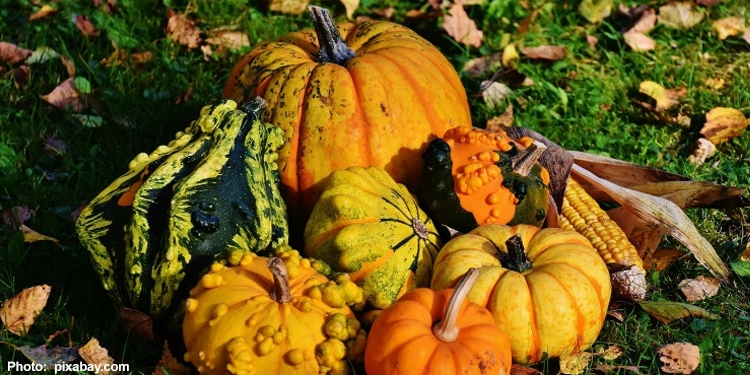A Feast of Thanksgiving
Yael Eckstein | November 24, 2022

The meat of their fellowship offering of thanksgiving must be eaten on the day it is offered; they must leave none of it till morning. — Leviticus 7:15
Rabbi Abraham Joshua Heschel, a renowned Jewish theologian, once said, “It is gratefulness which makes the soul great.” Please enjoy these devotions focused on gratitude during this season when families gather to give thanks.
One common question that I hear from Christians relates to the sacrifices in the Temple. Specifically, Christians often ask about how we achieve atonement without these offerings since the Temple no longer exists. But the truth is that the Temple offerings were about much more than atonement.
The most obvious example is the thanksgiving offering. Rather than for atonement, this sacrifice was a way to thank God for a significant blessing or redemption from danger or illness. The thanksgiving offering — as opposed to sin offerings, which were brought for the purpose of atonement — was eaten by the person who brought the offering.
In fact, the Bible states that the entire animal needed to be eaten on the day it was offered. As we read in Scripture, “The meat of their fellowship offering of thanksgiving must be eaten on the day it is offered; they must leave none of it till morning.” In addition, the animal offering was accompanied by 40 loaves of bread.
A Feast of Thanksgiving
You might be wondering how a single person could eat an entire animal and forty loaves of bread. Furthermore, if the point of the offering is to thank God, why does the person thanking God get all the enjoyment? But, as the Jewish sages explain, this was exactly the point.
It wasn’t possible for one person to consume such a meal! God wanted the worshipper to be forced to share their meal with others who were invited to join. Naturally, with a large group gathered to partake, the bringer of the offering would share his story, his reason for giving thanks to God.
The entire purpose of the offering was to bring people together to publicly celebrate God’s kindness to this individual. And this is how a meal that is consumed and enjoyed by us becomes an offering to God. Through this feast of thanksgiving, God’s name was exalted and praised in public.
Thanksgiving comes only once a year on the calendar, but Judaism asks us why we should wait until then? Whenever something great happens in life — like the birth of a child or healing from an illness — people are encouraged to host a feast of thanksgiving. Some families make it a habit to share what they are thankful for around the family table every Friday night on Shabbat.
In this way we carry out the tradition of the thanksgiving offering — it is part of our past and it will be part of our future, so it should be part of our present as well.
Your Turn:
Do you have something to be thankful for? Look for opportunities to gather friends and family and share stories of gratitude to God.
